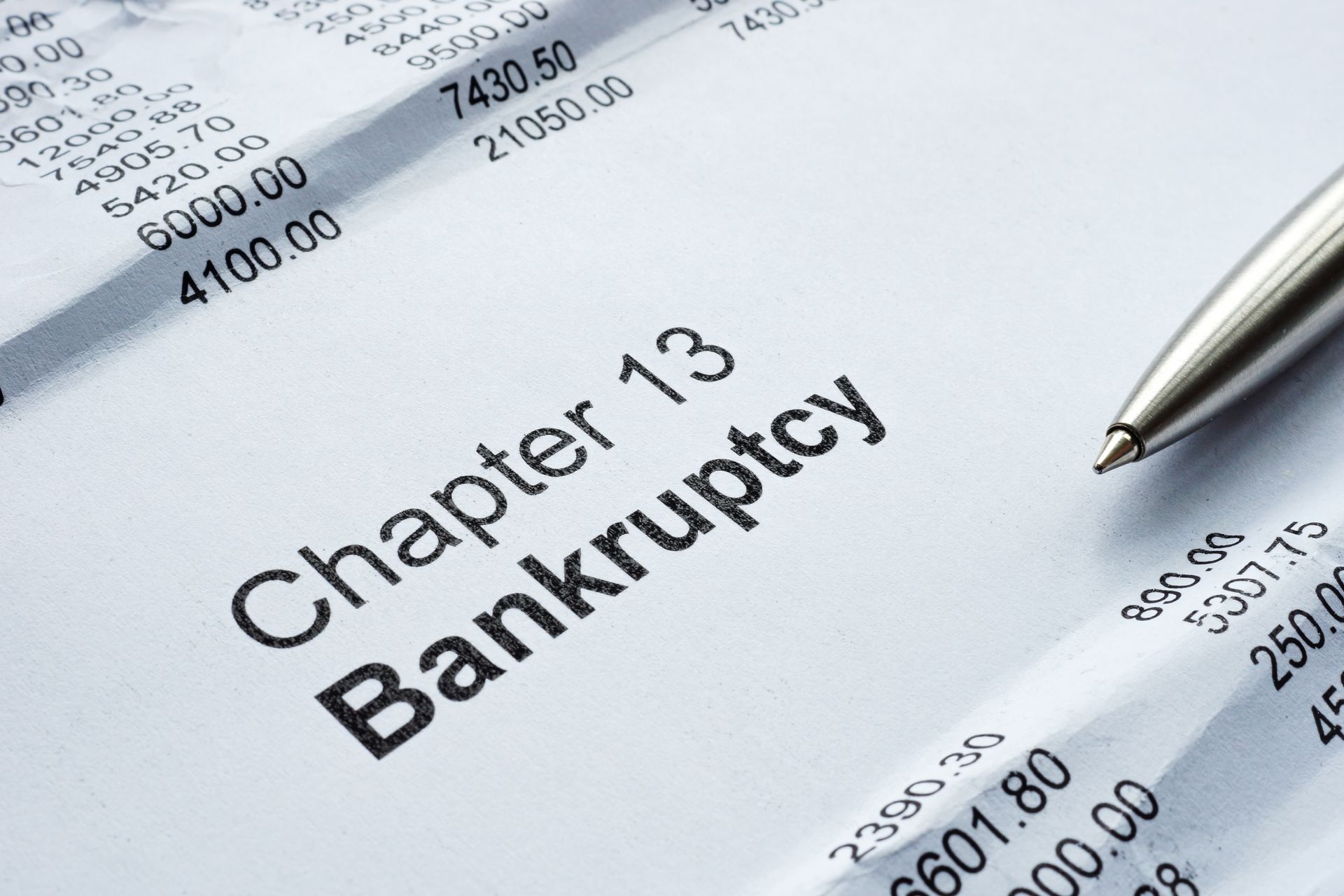Frequently Asked Questions About Merchant Cash Advances
Frequently Asked Questions About Merchant Cash Advances

Merchant Cash Advances (MCAs) are a popular option for businesses needing quick access to funds. But while they offer speed and convenience, they often come with complexities and risks that leave many business owners with questions. Whether you're considering an MCA or struggling with repayment, understanding how these agreements work can help you make informed decisions.
At J. Singer Law Group, we’ve compiled the most frequently asked questions about MCAs to guide you through the process and explain how legal assistance can protect your business.
What is a Merchant Cash Advance (MCA)?
How Does an MCA Work?
A Merchant Cash Advance is an agreement where a business receives a lump sum of cash in exchange for a percentage of its future revenue. Repayments are typically deducted daily or weekly from credit card sales or bank deposits.
Is a Merchant Cash Advance a Loan?
No, MCAs are not traditional loans. Instead of charging interest, MCA providers use a factor rate to calculate the total repayment amount. This structure classifies MCAs as a sale of future receivables rather than a loan.
Who Qualifies for a Merchant Cash Advance?
What Are the Requirements for Approval?
MCA approval is based on the business's revenue rather than credit scores. Providers typically look for consistent cash flow and a history of credit card or bank deposits.
Can Businesses with Bad Credit Get an MCA?
Yes, MCAs are accessible to businesses with poor credit. Since approval focuses on revenue, businesses with strong sales but low credit scores can still qualify.
What Are the Costs Associated with MCAs?
What Is a Factor Rate?
A factor rate is a multiplier used to calculate the total repayment amount. For example, if you receive $50,000 with a 1.3 factor rate, you’ll repay $65,000. Factor rates often range between 1.2 and 1.5.
How Does Repayment Affect My Cash Flow?
Repayments are deducted daily or weekly, which can strain cash flow, especially during slow sales periods. It's important to evaluate whether your business can handle frequent withdrawals.
Are There Hidden Fees in MCAs?
Many MCAs include fees for application processing, late payments, and early repayment. Always review the agreement carefully to understand the full cost.
What Are the Risks of Taking Out an MCA?
What Happens If I Default on an MCA?
Defaulting on an MCA can trigger severe consequences, such as additional fees, collection actions, or lawsuits. Providers may also enforce Confession of Judgment (COJ) clauses.
How Do Confession of Judgment Clauses Work?
A COJ is a legal agreement that allows MCA providers to obtain a judgment against you without a trial if you default. This can lead to frozen accounts and asset seizures without prior notice.
Can MCA Providers Freeze My Business Accounts?
Yes, MCA providers can freeze your accounts if a COJ is enforced or a lawsuit is filed. This is why it's crucial to address repayment issues promptly with legal assistance.
Are There Alternatives to Merchant Cash Advances?
How Do Business Loans Compare to MCAs?
Traditional business loans often have lower costs and longer repayment terms than MCAs. However, they typically require good credit and more extensive documentation.
Are Lines of Credit a Better Option?
Lines of credit offer flexibility and lower costs compared to MCAs. They allow you to borrow only what you need and pay interest only on the amount used.
How Can a Merchant Cash Advance Lawyer Help?
Can a Lawyer Challenge Confession of Judgment Clauses?
Yes, an experienced lawyer can challenge the validity of COJ clauses, especially in states where they are restricted or banned.
Can an Attorney Negotiate Better Repayment Terms?
Lawyers can negotiate with MCA providers to reduce the repayment amount, extend payment terms, or eliminate penalties, helping you regain financial stability.
What Legal Protections Exist Against MCA Providers?
Laws exist to protect businesses from unfair practices. A lawyer can identify predatory terms in your agreement and use them to advocate for your rights.
FAQs About MCA Legal Assistance
1. Do I need a lawyer to deal with an MCA?
While not required, having a lawyer increases your chances of resolving MCA issues effectively, especially in cases involving defaults or COJs.
2. How much does it cost to hire an MCA defense lawyer?
Costs vary depending on the complexity of the case, but many lawyers offer free consultations and flexible payment options.
3. Can a lawyer help me get out of an MCA agreement?
Yes, a lawyer can negotiate settlements, challenge unfair terms, and explore legal defenses to reduce or eliminate your obligations.
4. How long does it take to resolve an MCA issue?
Resolution times vary based on the specifics of the case. Some issues can be resolved in weeks, while others may take months.
5. Are Confession of Judgment clauses enforceable in all states?
No, some states restrict or ban COJs. A lawyer can determine if the clause is enforceable in your case and challenge it if necessary.
Conclusion
Merchant Cash Advances can provide quick funding but often come with high costs and risks. Whether you're considering an MCA or facing repayment challenges, understanding your options is key to protecting your business. At J. Singer Law Group, our experienced attorneys are here to help you navigate MCA agreements, defend against aggressive collection actions, and achieve financial stability.
Need help with an MCA issue? Contact J. Singer Law Group today for a free consultation.











